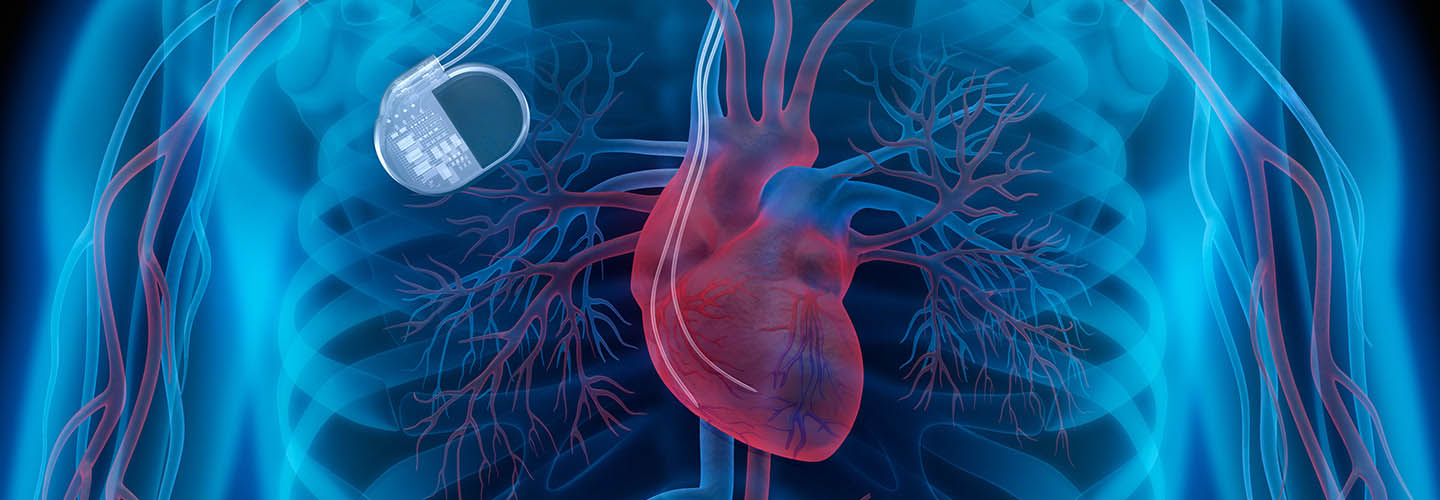New digital heart failure care pathway reduces hospital admissions in Greater Manchester
Heart failure (HF) means that the heart is unable to pump blood around the body properly. Despite significant advances in therapies used to treat heart failure, it remains a leading cause of unplanned hospital admissions.

Key facts
- The TriageHF Plus pathway is now being used by six Greater Manchester hospitals.
- In a trial of 758 patients, hospital admissions were reduced by 58% in patients managed by the pathway.
In Greater Manchester, hospitalisation rates for heart failure have risen faster than elsewhere in the UK. In 2010, it was predicted that heart failure admissions would increase by 50% by 2035, but this milestone was reached in Greater Manchester in 2018, highlighting the urgent need for change.
Across Greater Manchester, around 4,000 heart failure (HF) patients are admitted to hospital each year, with estimated treatment costing over £16 million.

Dr Fozia Ahmed
Fozia is a consultant cardiologist at the Manchester Heart Centre, part of Manchester Royal Infirmary, where she specialises in heart failure and cardiac devices.
Timely intervention prevents rapid decline
HF patients are typically reviewed by a specialist every 6-12 months for check-ups, but their condition can decline rapidly between appointments, leading to hospitalisation and, sometimes, death.
Our new HF patient care pathway, TriageHF Plus, uses remotely monitored health data (the TriageHF risk score) from patients’ pacemakers and defibrillators to identify deteriorating or sub-optimally managed patients sooner.
Real-time alerts are issued to hospital staff if a significant change in health-related data is detected. This allows timely specialist intervention.
Structured phone call-based patient assessments mean that any necessary intervention can take place before a patient becomes dangerously ill and requires hospitalisation. The pathway aims to optimise patient care and reduce the risk of hospitalisation and death.
“This remote alert system is potentially a game-changer for people living with heart failure.”
Professor Sir Nilesh Samani, British Heart Foundation Medical Director.
Reducing hospital admissions
Our researchers worked in partnership with Medtronic and Manchester University NHS Foundation Trust in leading a real-world study to evaluate the pathway.
Using data from 758 patients, across three Greater Manchester hospitals, we showed that enrollment in the TriageHF Plus pathway reduced unplanned hospital admissions for these patients by 58 per cent, reducing pressure on NHS services and seeing patients effectively treated and monitored at home. This data was presented at the European Society of Cardiology Congress in August 2022.
Wider use in Greater Manchester
Six hospitals across Greater Manchester are now using the TriageHF Plus Care Pathway.
Our research indicates that tens of thousands of patients may benefit from the rollout of this digital innovation.
More information
Other investigators
- Joanne K Taylor
- Glen Martin
- Camilla Sammut-Powell
Related publications
- Remotely monitored cardiac implantable electronic device data predict all-cause and cardiovascular unplanned hospitalization
- Triage-HF Plus: a novel device-based remote monitoring pathway to identify worsening heart failure
- Remote monitoring data from cardiac implantable electronic devices predicts all-cause mortality
Media
- The Times: Heart implant transmits patient data to hospital for instant care alerts
- BHF News: Remote heart alert system saves heart failure patients from hospitalisation
- Health Innovation Manchester: SmartHearts: Using data to improve care for people with health failure
- Medtronic video: Use remote monitoring data of cardiac implantable devices to optimise HF care
